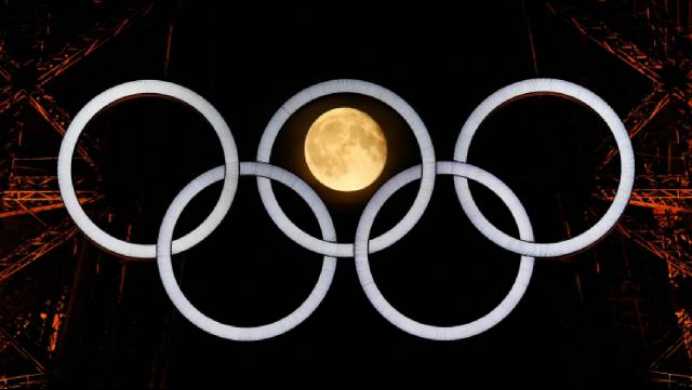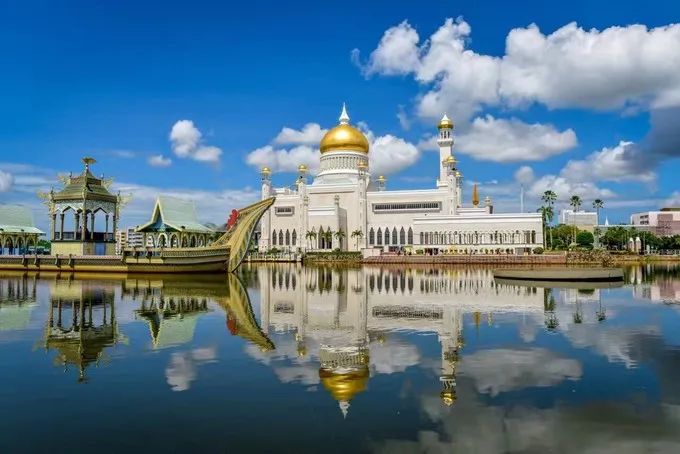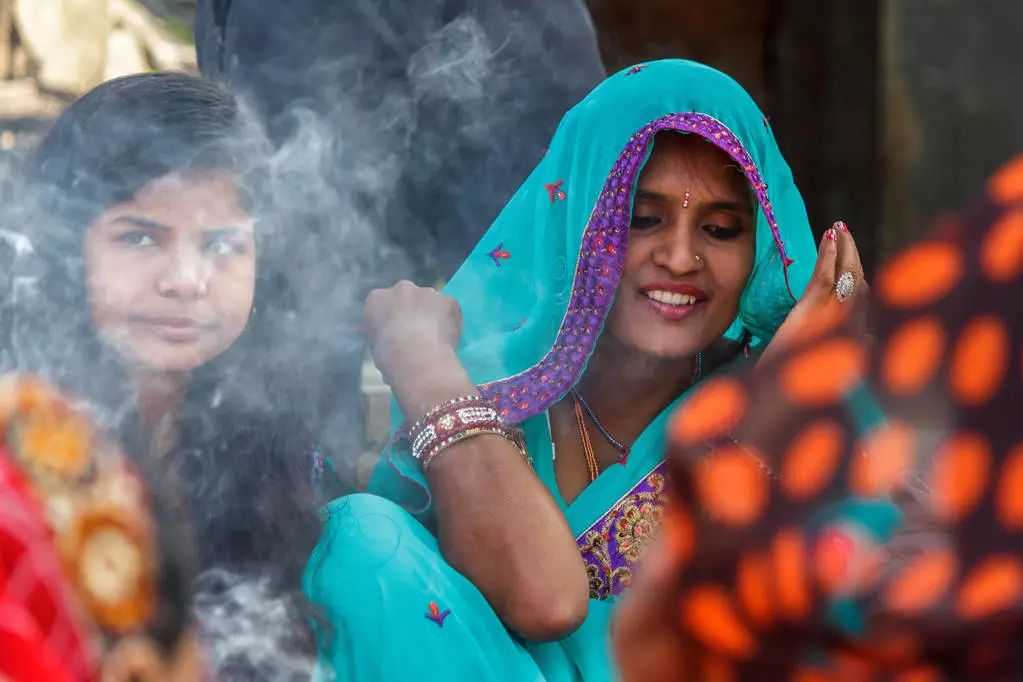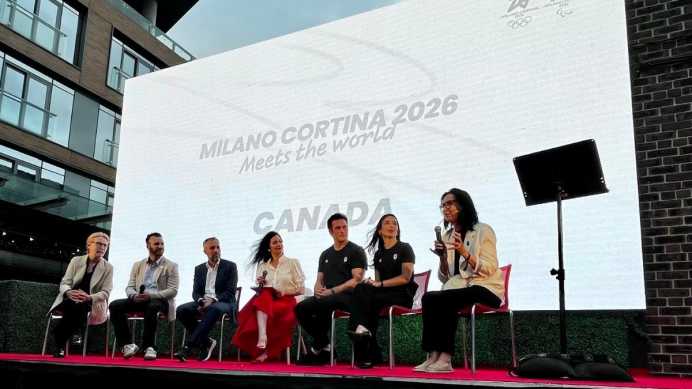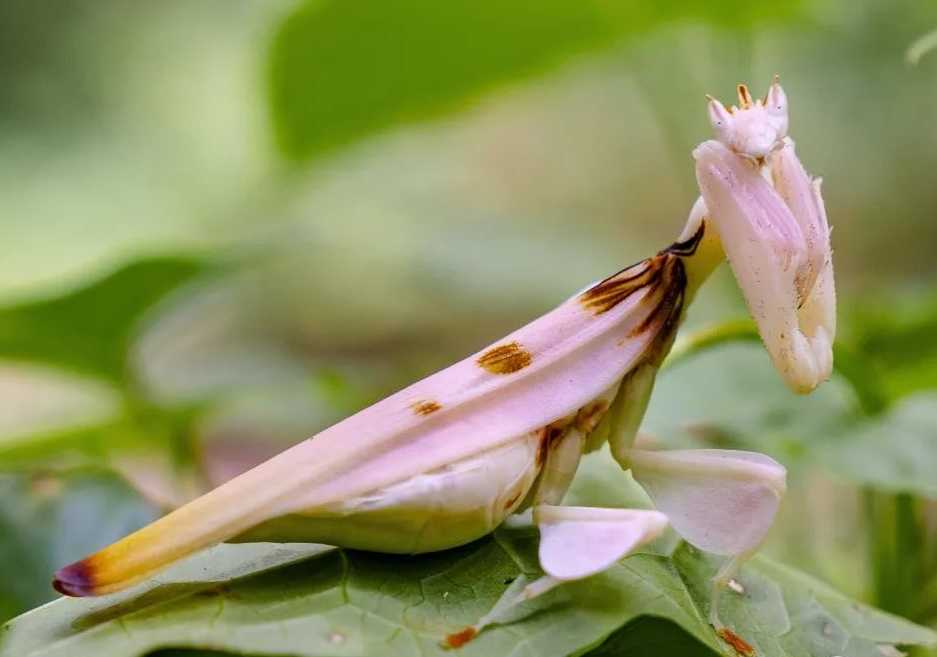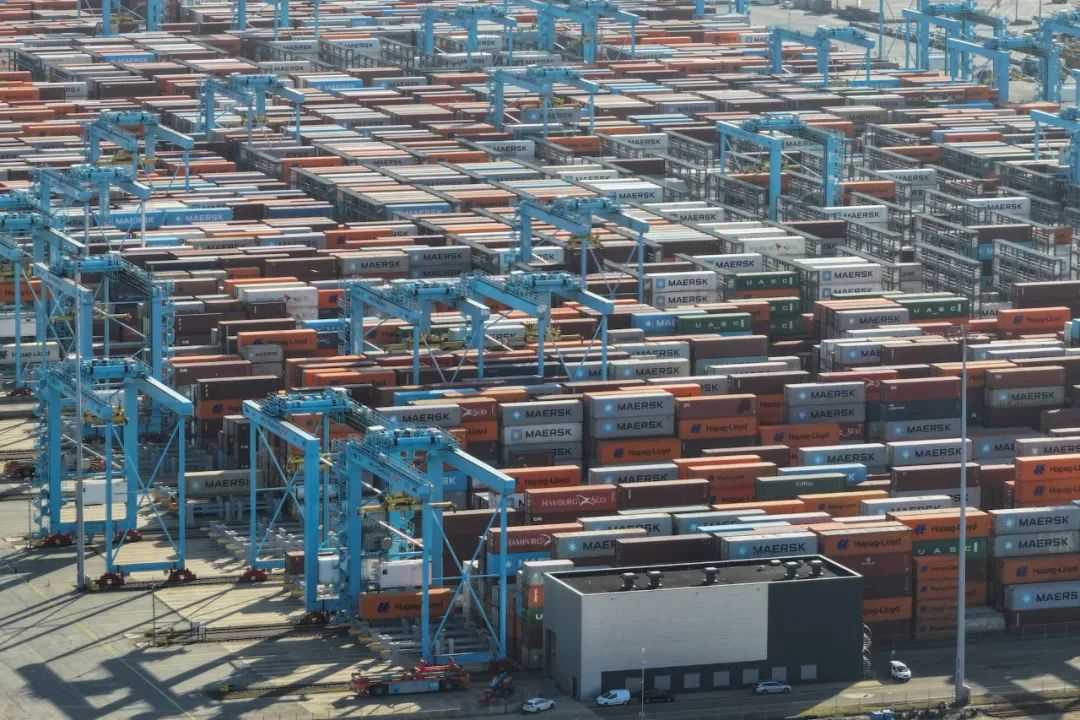Sources told The Indian Express that during the meeting—the first of its kind since India expressed interest in hosting the mega-event—the IOC raised concerns over governance problems within the Indian Olympic Association (IOA), the rampant threat of doping, and India’s poor Olympic performance. At last year’s Paris Olympics, India won just six medals and ranked 71st overall.
“A very candid message was conveyed: while India can continue preparing for its bid to host a future Olympics, the country must first address these issues. In short, that was the key takeaway from the meeting,” an official familiar with the discussions told The Indian Express.
The Indian delegation to Lausanne was led by Gujarat’s Home and Sports Minister Harsh Sanghavi and IOA President PT Usha. It included senior bureaucrats from central and state governments, top IOA officials, private consultants, and corporate executives.
During the presentation, the delegation highlighted Ahmedabad’s infrastructure, including world-class stadiums and transportation networks, as part of its bid strengths. It also emphasized the country’s growing sports culture and the potential to leverage the 2036 Games to boost youth participation in sports.
However, the IOC’s focus remained on foundational challenges. Beyond governance and doping, questions were raised about India’s ability to manage large-scale international events, with references to past organizational hurdles in some multi-sport competitions.
PT Usha acknowledged the feedback, stating that the IOA and relevant authorities were “committed to addressing the concerns” and viewing the IOC’s input as “constructive guidance” for long-term improvements.
With 2036 still over a decade away, India has time to implement reforms, but the IOC’s remarks underscore that hosting the Olympics requires more than just infrastructure—it demands robust institutional frameworks, anti-doping rigor, and a track record of competitive excellence. The delegation’s Lausanne visit marks a critical early step, but the path ahead hinges on tangible progress in the areas flagged by the IOC.
